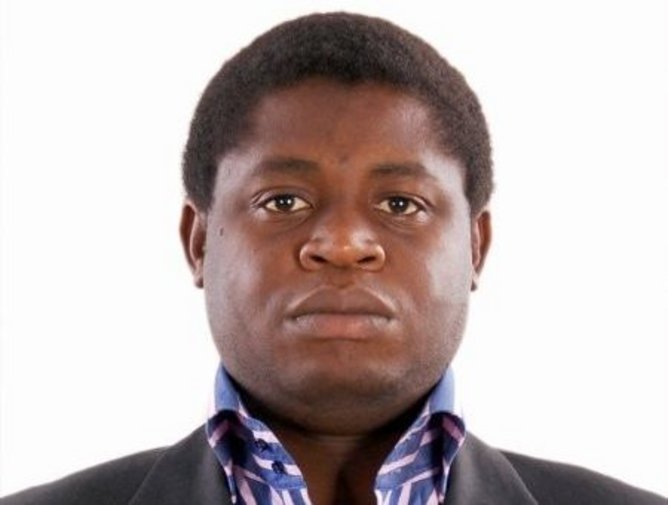Family business leaders on lessons learned from ESG journeys
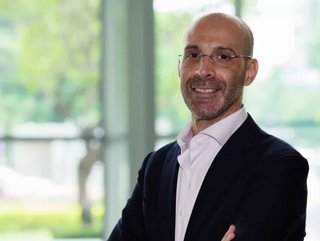
While no-one can solve the world’s biggest environmental and social issues alone, family businesses could be the torchbearers for change.
That's the premise of KPMG’s latest Global Family Business Report, which spotlights family businesses as the perfect sustainability ambassadors – experts in demonstrating how to embed best ESG practices.
The report, titled ‘A road well-traveled – How family businesses are guiding the sustainability journey’, and in partnership with the STEP Project Global Consortium, brings together personal insights from top family business leaders combined with ESG performance data procured from 2,439 family businesses across 70 countries and territories.
One of the primary reasons for such sustainability success among family businesses, the report argues, is the multi-generational commitment to creating value for all stakeholders.
Rather than merely considering sustainability measures as an additional cost of business, family businesses have a vested interest and investment in the future – with sustainability an important part of the family legacy.
As Tom McGinness, Global Leader, Family Business, KPMG Private Enterprise, KPMG International, puts it: “Family businesses have prospered based on core sustainability principles across several generations, and there are many lessons that everyone can take away from their experiences.”
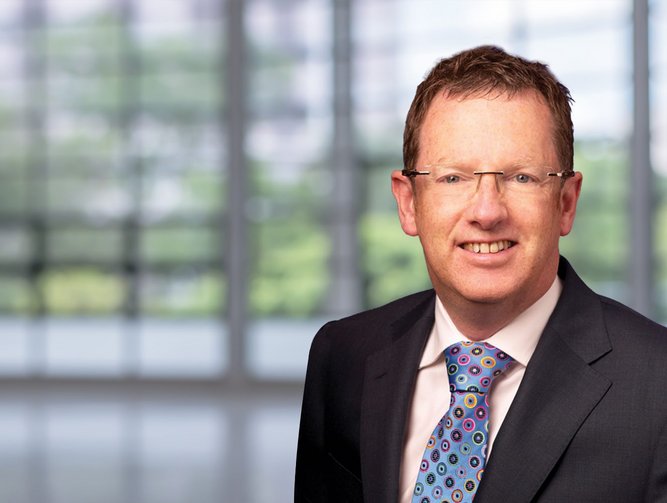
How family businesses plan and prioritise sustainability
So, what lessons can be learned from family business experiences on the sustainability journey?
Here, 10 leaders from family businesses all over the world – from Italy to Ireland, the UK to the UAE – explain their motivations, share their strategies, and reveal their priorities and plans for the future.
1
Rupa Patel
Executive Director, Day Lewis
Day Lewis is a 47-year-old, second-generation pharmacy community with 300 employees in the UK and Europe
"Family businesses are values-based. Each family does what’s authentic to them and what feels like the right thing to do. So, for our business and our family, reducing carbon emissions is very important, but sustainability is so much broader than just being green. We really want to make sure that we can pass a healthy business down through future generations. And when we talk about the ‘next generation’, we aren’t only concerned with the future generations of our family, but about creating value in the next generation of the business, for our employees and their families, our customers, patients and communities as well."
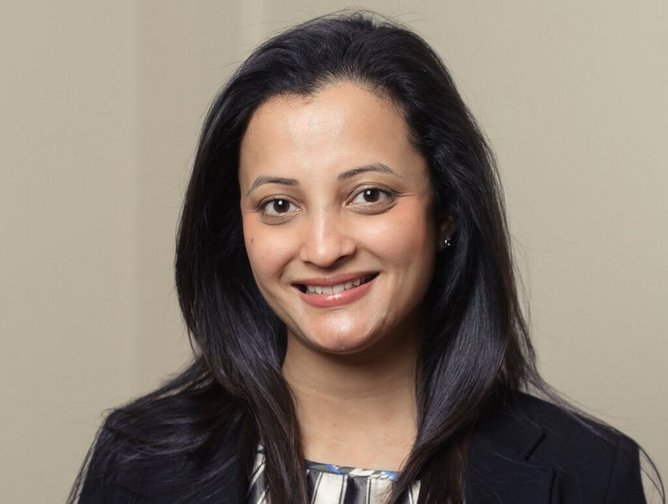
2
Héctor Dominguis
CEO Grupo Dominguis Energy Services (GDES)
Established in Spain in 1932, GDES is a 90-year-old, third-generation international leader in energy services with over 1,000 employees worldwide and so has sustainability as its core purpose and primary objective
“We face one of the toughest challenges that humanity has come across, with global warming as a major threat to our existence. Increasing our efforts towards sustainability is an absolute must.
In addition to developing three- and five-year business plans, we also plan for the generations that will follow, and we work diligently to leave them a better company. This is what has led us to make sustainability the centre piece of our company’s purpose. We want to leave a more sustainable business and a better planet for future generations by helping to improve the environment, the economy and society as a whole.
This is our central purpose. It makes sustainability more important than the purpose of growth — and it is embedded in our business to add value by providing sustainable services to our clients.
We are now in the process of launching an Open Innovation Portal to attract ideas from other entrepreneurs, companies, scientists and investigators that share our purpose and help them achieve their own goals by supporting them financially, strategically or commercially in any way we can. For our own business, GDES has adopted standard KPI measurements, along with specific indicators for each client to measure the success of the company’s services in terms of energy consumption and waste reduction.
With sustainability embedded in our own business strategy as well as our service offering, the growth of our business will be a direct sign that we have helped to improve our own sustainability performance and that of our clients as well.”
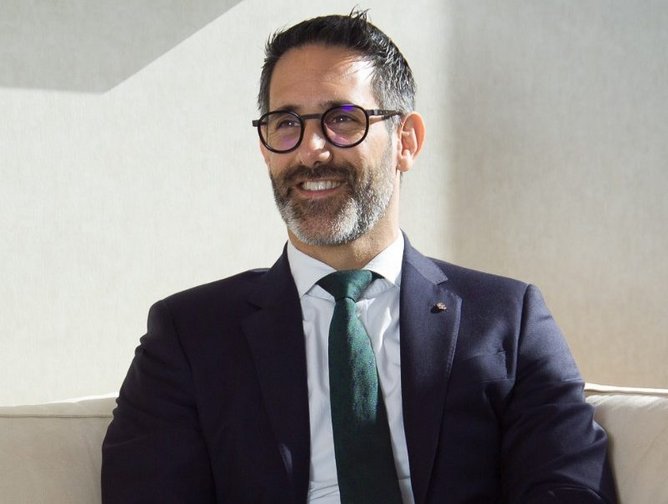
3
Carlotta Rossi Luciani
Sustainability Executive Director, Carel Industries
Established in 1973 in Italy by the Luciani family, this first-generation business is one of the world’s leaders in control solutions for air conditioning, refrigeration and heating with 31 subsidiaries, 13 production plants worldwide
"We want to represent a model of excellence in the world by adopting a new approach to sustainability that is fully integrated into the business, into our corporate purpose and our company’s culture code. This approach will enable us to respond to the challenges of a globalized world that is increasingly attentive to the impact that industrial processes have on society and the environment.
Our strategic approach provides a clear link between pay and purpose. By realigning pay and purpose, CAREL has the opportunity to transform executive compensation from being a reputational risk factor to becoming a catalyst for change. Our remuneration policy’s objective is to go beyond the usual ‘attract and retain the right people’ objective and to become a catalyst for positive change in the organization and for all of its stakeholders.”
CAREL produces an annual non-financial report, which is an essential tool for managing and communicating the company’s sustainability commitment. As Carlotta Rossi Luciani emphasizes, “This ensures that we are accountable for our choices, activities, results and use of resources in a given period, and it allows our stakeholders to know and formulate their own opinions about how the company is carrying out its activities and its institutional mission.”
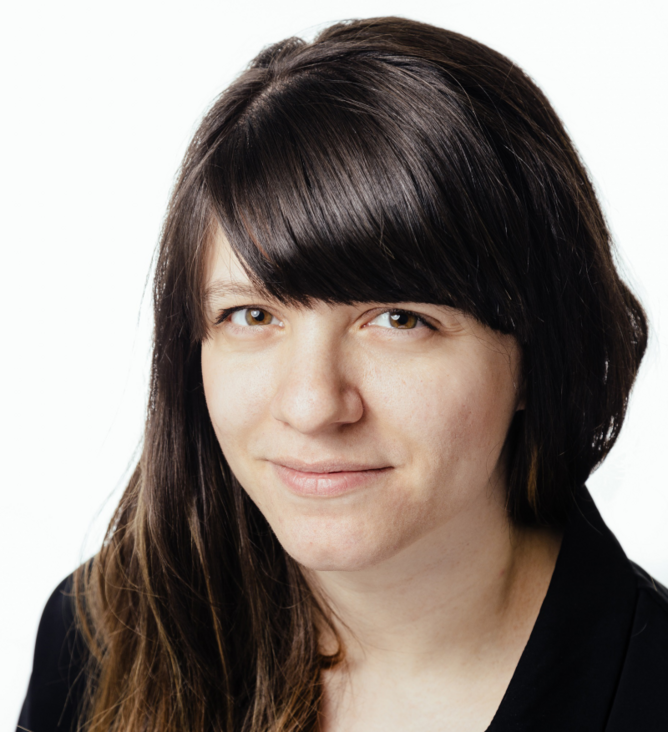
4
Mark Johnstone / Sarah Baker
CEO / Marketing Director, JSP Ltd
Established in 1964, this UK-based second-generation family business is Europe’s leading independent manufacturer of ‘above the neck’ personal protective equipment with representation in over 95 countries and more than 400 employees. The company has been on the sustainability journey for close to 15 years
“There’s a lot more recognition of the need to improve all aspects of sustainability, and as a family business, we’re able to make decisions quickly.
Governments are setting targets, but frankly, it’s the private sector that will make the difference in achieving them. It’s up to companies like ours to do that.
We’ve always been very focused on the sustainability of our products and our operations because it’s the right thing to do. But we’ve also done it because it makes economic sense. We’re a product manufacturer and the whole design of a product is crucial in terms of how recyclable it is. It has to be integrated throughout everything we do, and these days, that’s even more the case given the high cost of energy.
We need to keep finding innovative ways to reduce our consumption along with innovations that improve our manufacturing processes.
One of our core aims for the next five years is to be the most sustainable manufacturer of PPE. And that’s exciting.
We have formed a sustainability team that is led by management in each factory, for example, who gather suggestions from the shop floor to reduce energy consumption. We use the supply chain sustainability school in the UK and the EcoVadis platform in Europe for sharing information with distributors in UK and Europe and conduct SMETA audits of the company’s factory to assess working conditions and how they could be improved.”
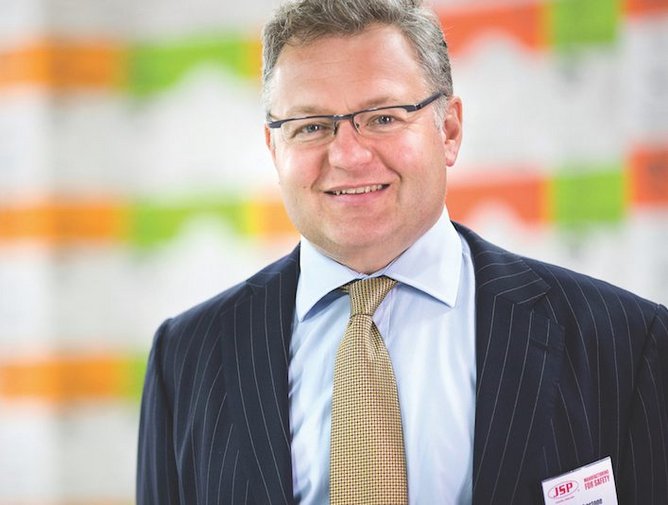
5
Jonathan Neame
CEO, Shepherd Neame
Established in 1698, fifth-generation Shepherd and Neame is Britain’s oldest and largest independent family brewer operating a portfolio of 300 pubs and 218 hotels and inns across the UK
“We’ve been on the sustainability journey since 1698! First and foremost, we’re a community business. The brewery sits on five acres in the heart of Faversham in Kent — the original site of artesian water that was discovered in the 16th century. Generations of the Shepherd and Neame families have worked here. But perhaps more importantly, so have generations of local families.
We’re part of the community, and that enables us to adapt and develop our business in parallel with the reality of what’s happening demographically and economically with our customers, employees and partners.
The company’s journey is enhanced by having both family and non-family members aligned to a singular purpose: enriching people’s lives.
A sustainability sea change is happening in the post-pandemic world. Younger employees definitely want to work for a business that has a strong sense of purpose. They need to believe they are working for a company that is authentic and relevant. And, yes, they expect to be paid a market rate, but their learning and development opportunities and how those will help to shape their future are what’s crucially important.
Our Women in Brewing” initiative… is not a tick-the-diversity-box exercise. Women were actually the pioneers of brewing in the early days. And that’s embedded in the DNA of our family and throughout our business. But over the years, the number of female brewers has dwindled, and now we’re making a sustained effort to encourage women to come back. It’s not only an important part of our history, but an important part of our future as well.
Eighty percent of the hops for the beer that the company produces are sourced locally, for example, and 100 percent of the barley is purchased in the UK — even though it’s more expensive than ingredients sourced overseas.”
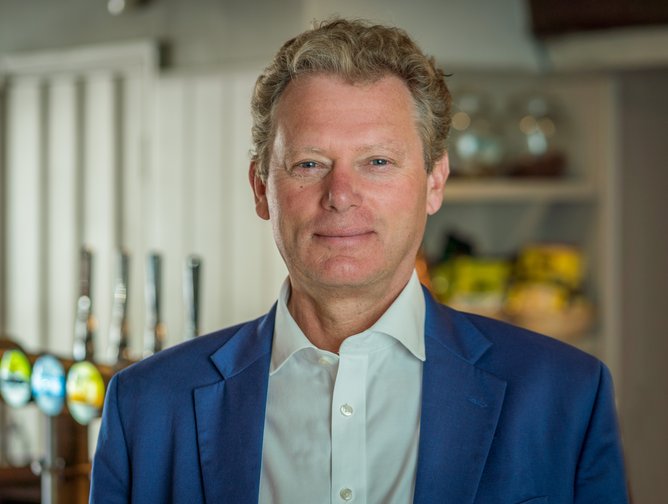
6
Rodrigo Basco
Sheikh Saoud Bin Khalid bin Khalid Al-Qassimi Chair in Family Business, American University of Sharjah
Rodrigo is STEP Project Global Consortium Board Chair Professor at the American University of Sharjah and holds the Sheikh Saoud Bin Khalid bin Khalid Al-Qassimi Chair in Family Business
"In the Sheikh Saoud Bin Khalid Bin Khalid Al-Qassimi Chair in Family Business at the American University of Sharjah, UAE, we mapped the entrepreneurship and family business ecosystem in Sharjah. After analysing the different initiatives and actions they have taken, we have identified four pillars of responsibility that are supporting the sustainability strategies of family businesses. Beneath each of these four pillars is their continuing commitment to local communities. By doing what is vital for today, family businesses are fulfilling their purpose to contribute to a better tomorrow."
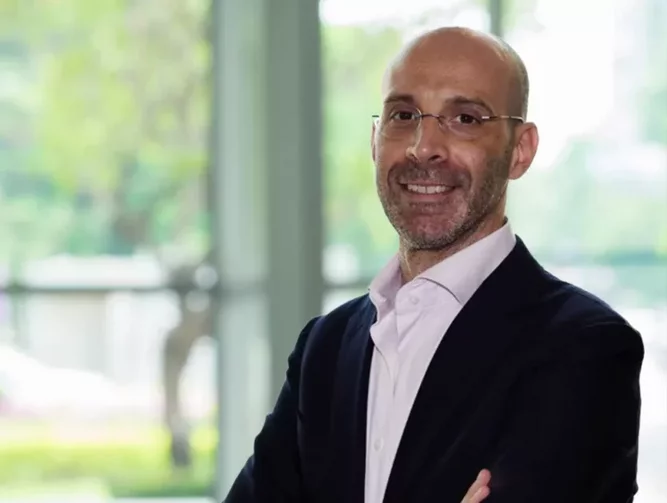
7
Holly Barry
Brand Stategist, Barry Group
Founded in 1955, Barry Group is a second-generation Ireland-based family-run wholesale distribution food and alcohol business with over 1,500 customers and 250 employees
"For us, it’s more than an environmental issue, and we have to understand what we stand for. Packaging is a huge part of this for us — as is sustainable sourcing of food. There is legislation emerging in the UK regarding the sale of goods with high levels of sugar and salt, for example. We don’t have that yet in Ireland, but it will obviously have a huge impact when it does come. So, we have to look at how this and other changes may affect our business, and how we may need to adapt our sustainability strategy.
We have added a sustainability pillar to our long-term strategy and developed a three-year plant that has sustainability woven throughout every department.
We’re at the early stage of the formal side of our strategy and we know we need to measure things. We have a lot of the boxes ticked, but not in a formal way. So, the initial steps have involved a lot of communication with our senior team about the journey we’re going on and making sure that all our people can continue to live our values.”
We didn’t have the infrastructure in place for measurement, and that has required a major investment, and it has made us realise that we need better measurement across our entire business not just for our sustainability goals. That is becoming a much bigger project and making us re-evaluate what modern measurement looks like. So, we’ve been really advancing where we are as a business and progressing our technology capabilities as yet another strategic pillar.”
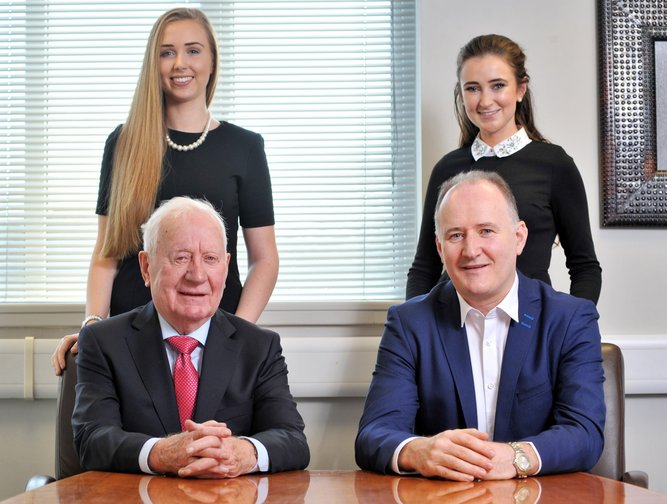
8
Sir James Wates CBE
Former Chairman, Wates Group
Family-run fourth-generation UK construction business Wates Group dates back to the end of the 19th century. The company, which has nearly 4,000 employees, began its sustainability journey in the mid-70s and has committed to net-zero carbon in operations by 2025
“Being a force for good doesn’t come automatically. Companies need clarity of purpose, grounded in social value, and a good steersman to help them deliver that value.
Our business is construction, development and property services, so we’re very much in the built environment — one of the biggest contributors to carbon in the world. At the very least, we want to be a business that’s responsible and responsive to that.”
We have a very simple strategy — to hand off a stronger, more sustainable business to the next generation. It doesn’t mean just being a ‘green’ business — it needs to be economically sustainable, environmentally sustainable — the sort of business that the next generation wants to carry on.
It also has to be sustainable in terms of the communities we engage with and our people. And it must be structured in a way that future generations are able to own it in a successful way. So, there are a multitude of issues.
A significant focus of our strategy today is the recognition that diversity and inclusion are major contributors to sustainability. If you’re always fishing in the same pond, you’re getting the same answer every time. So as a business, you always have to be looking across a pond that’s larger than your natural pond — and the more angles you can bring to the table, the better.
We engage with the tenant community to support what they’re doing — which, in turn, supports the local community overall. Training and teaching our customers are ‘soft’, high-value outcomes that give us a competitive advantage. It’s something we’ve always done, but now we’ve codified it. We’ve recognised that it is something that has always come naturally to us, and perhaps the time has come for us to be less quiet about it.”
We established a sustainability committee of the board around six years ago, led by a family member to ensure that there continues to be high engagement on sustainability issues at the highest levels.
We have looked at our governance practices, which continue to shift and evolve. We’re looking to achieve more strategic, high-level governance where we can set out the values of the family — which are all about having a sustainable business in its broadest possible sense — and translating those values throughout the business and with our stakeholders."
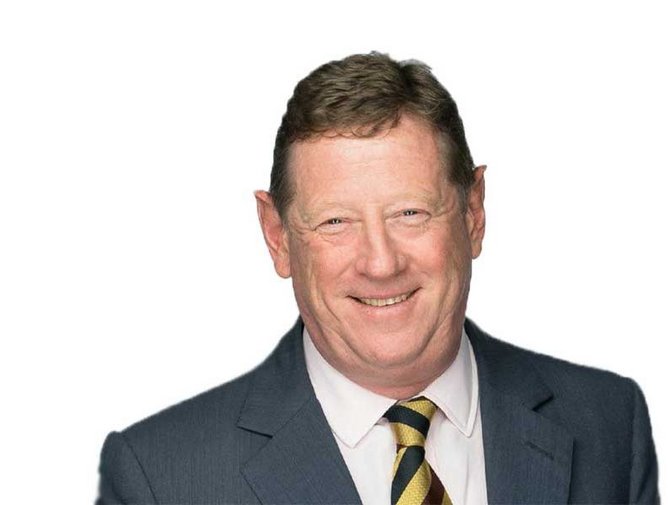
9
Thomas Martin
Non-Executive Chairman, Arco
Arco is a 135-year-old fifth-generation, family-run business and the UK’s only integrated services and safety products business. Arco has been awarded a gold medal for sustainability after an assessment by EcoVadis,
Over the last 20 years, we have been addressing a lot of matters that are now recognised as sustainability issues, but we wanted to formalise everything that we had been doing. That included the responsible actions we’ve taken regarding our supply chain management and our lobbying efforts with governments on responsible supply chains. To take a more strategic approach, we asked one of our non-executive directors to set up a board committee to make sure that whatever we came up with wasn’t a bolt-on or a tick box activity or greenwashing, but something that would actually come alive.
The challenge was to join up everything that was being done across the business from a sustainability perspective, and to deliver a clear message to the business that these actions were not a proprietorial whim.
The outcome of this challenge provided us with a very rich resource, which we hadn’t really understood. After going through the exercise, we realised that we already had 584 sustainable products out of a total of 20,000 in our portfolio. Circular economy models were already in play, and we were able to identify what we were already doing in terms of decarbonization, waste management and energy equalisation. As a result of this exercise, our business has become even better because it has increased the amount of collaboration taking place all across our business in an assortment of spin-off activities
“We don’t yet have a full set of KPIs to measure the impact of our strategy, but we hope to have agreement on it by mid-year. We aim to set Science Based Targets (SBTi) which will inform our path to Net Zero. It’s amazing — if you link your sustainability strategy with your corporate strategy, put resources behind it, and report on it monthly you end up with a program that leads to a safe business, safe people and a safe planet. This isn’t a ‘nice to have’, it’s a ‘need to have’ and it’s totally worthwhile.”
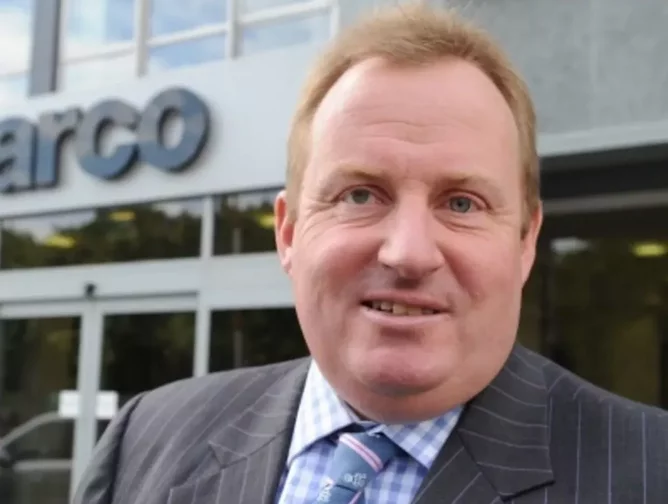
10
Temitope Samson
Executive Director, BOVAS Group
BOVAS Group is a 48-year-old, second-generation one-stop energy solutions company in Nigeria
"When you think of sustainability, it isn’t only about yourself. It’s also about your customers and communities and where you want to be several years from now — that is key for us. It isn’t just the family owners who need to be thinking about this, but every stakeholder that’s involved in or affected by our business and how they interact on the sustainability journey.
It’s what guides each generation in conducting business in a way that’s good for everyone. And it’s the collaboration across our entire network that helps to power us through."
